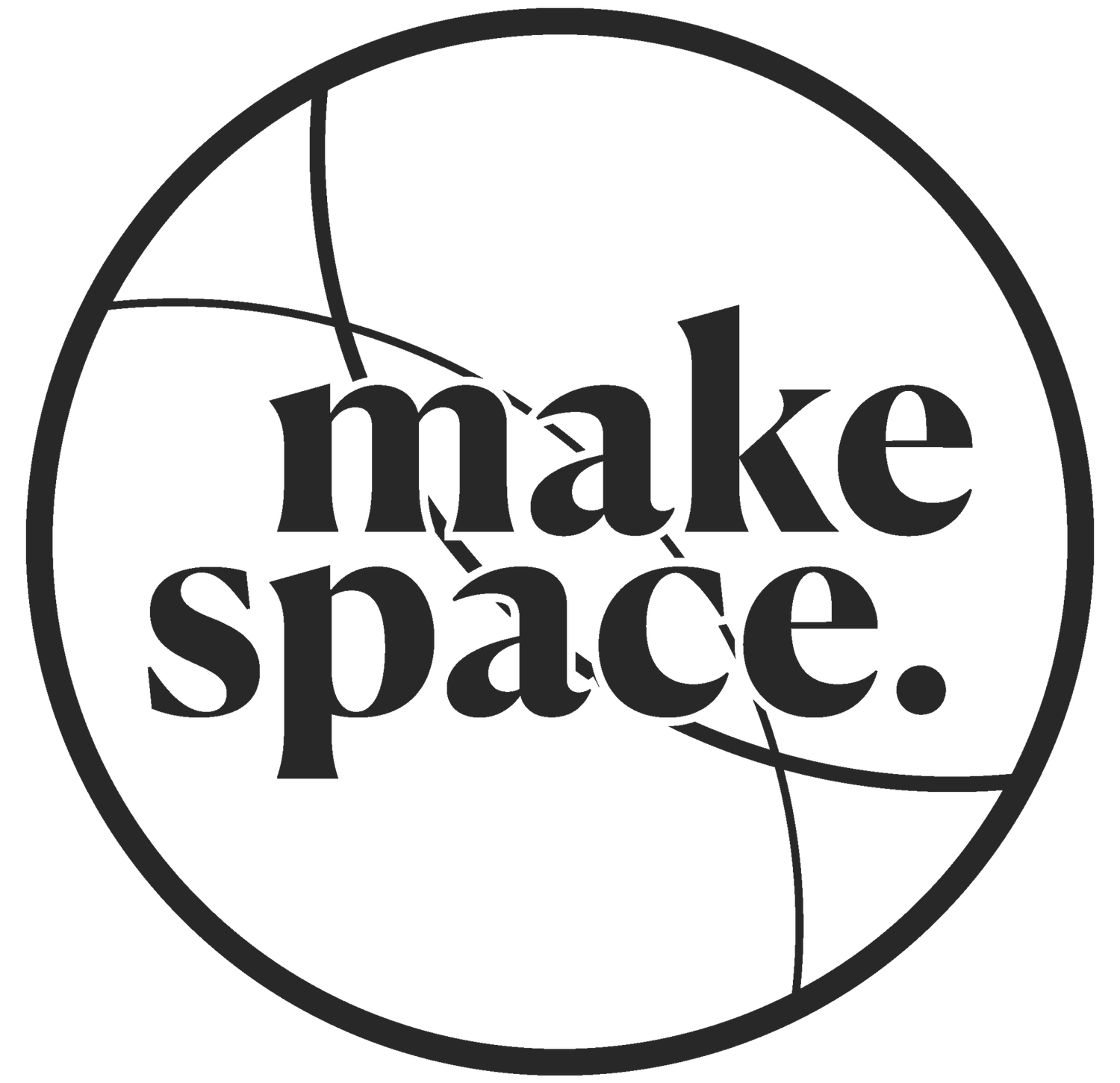About Make Space
Make Space is a user-led collective. We create spaces for more generous, nuanced, and caring ways to support those with experience of self-harm.
Our vision is for all responses to self-harm to be caring, just, and user-led.
-
Our history
Make Space was founded by Courtney, Veronica, and Bathsheba in early 2020, after we met speaking on a panel together.
While each of us had different experiences around self-harm, we shared a vision for a world in which responses to and understandings of self-harm were different.
-
Our mission
Our mission is to re-imagine the fundamental assumptions upon which care for self-harm is based. We do so through workshops, peer-led spaces, and developing research and resources.
You can learn more about the work we do here.
Our Values
Complexity
We recognise that self-harm is not one thing. Self-harm can look like, feel like, and mean different things in people’s lives - even in the same person's life, at different times. We work to honour and respond to this complexity with nuance and humility.
Solidarity
We believe that self-harm is inextricable from structures of power which marginalise and oppress along the lines of race, disability, class, gender, and sexuality. We locate our work within the broader need to challenge and dismantle systems that cause and exacerbate mental distress and/or crisis in the first place.
Reimagining care
We believe in the value of being with difficulty without rushing to resolve it. We reject responses to self-harm that are based on carceral thinking, punishment, and coercion. We prioritise and advocate for an alternate model of care that centres people’s genuine needs.
We value self-determination and self-definition. Our job is not to change people’s thoughts, feelings, or behaviour. We recognise and respect people’s own way of understanding, describing, and making sense of their experiences.
Autonomy
User-led
We centre lived experience, both our own and that of people who join our conversations. We value and take seriously people’s experiences as legitimate forms of knowledge.

